2000 Chevrolet Tracker Brake Rotors and Pads
Click here to search another vehicle
All Rotors:
OEM x
Coated x
Drilled, Slotted and Coated x
Front x
Rear x
All Pads:
Ceramic x
Semi-metallic x
Front x
Rear x
Found 5 record
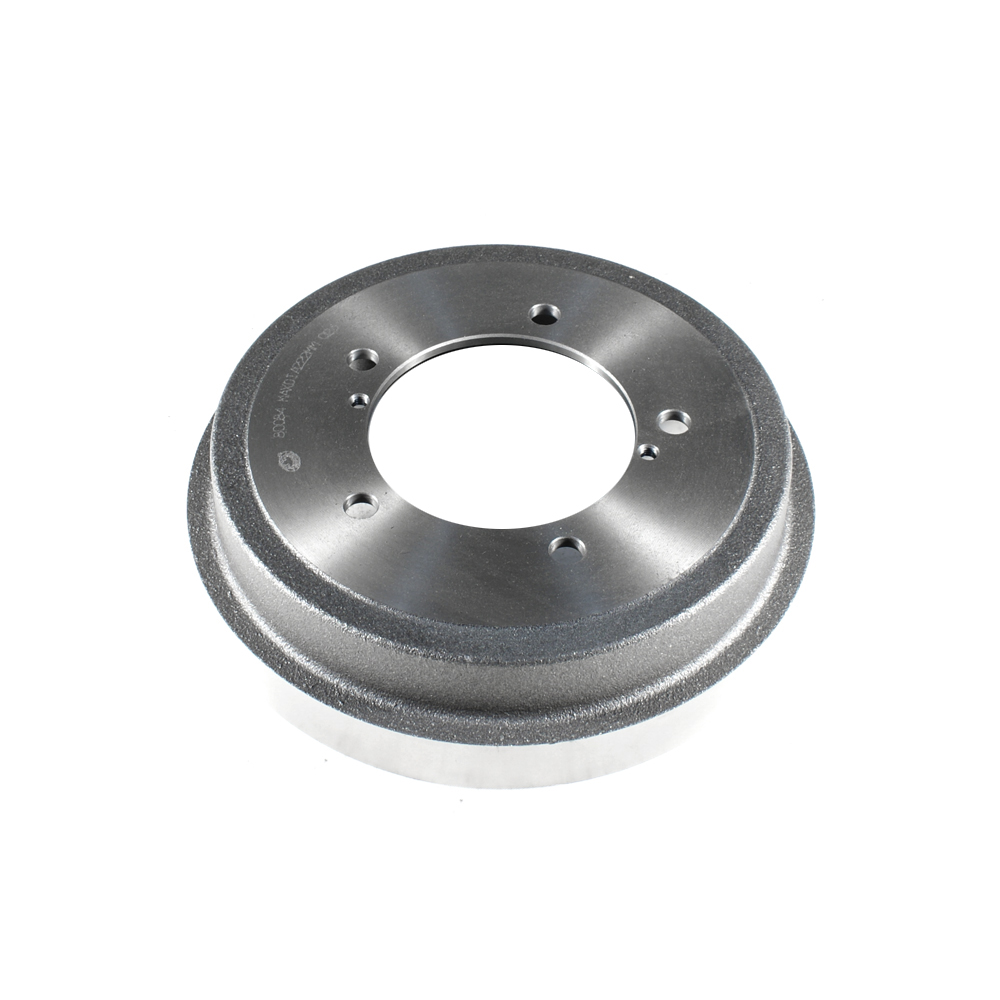
Part No: BD80084
Raybestos: 9693
OE: 30024672
Raybestos: 9693
OE: 30024672
$41.08 each
Per Car QTY: 2
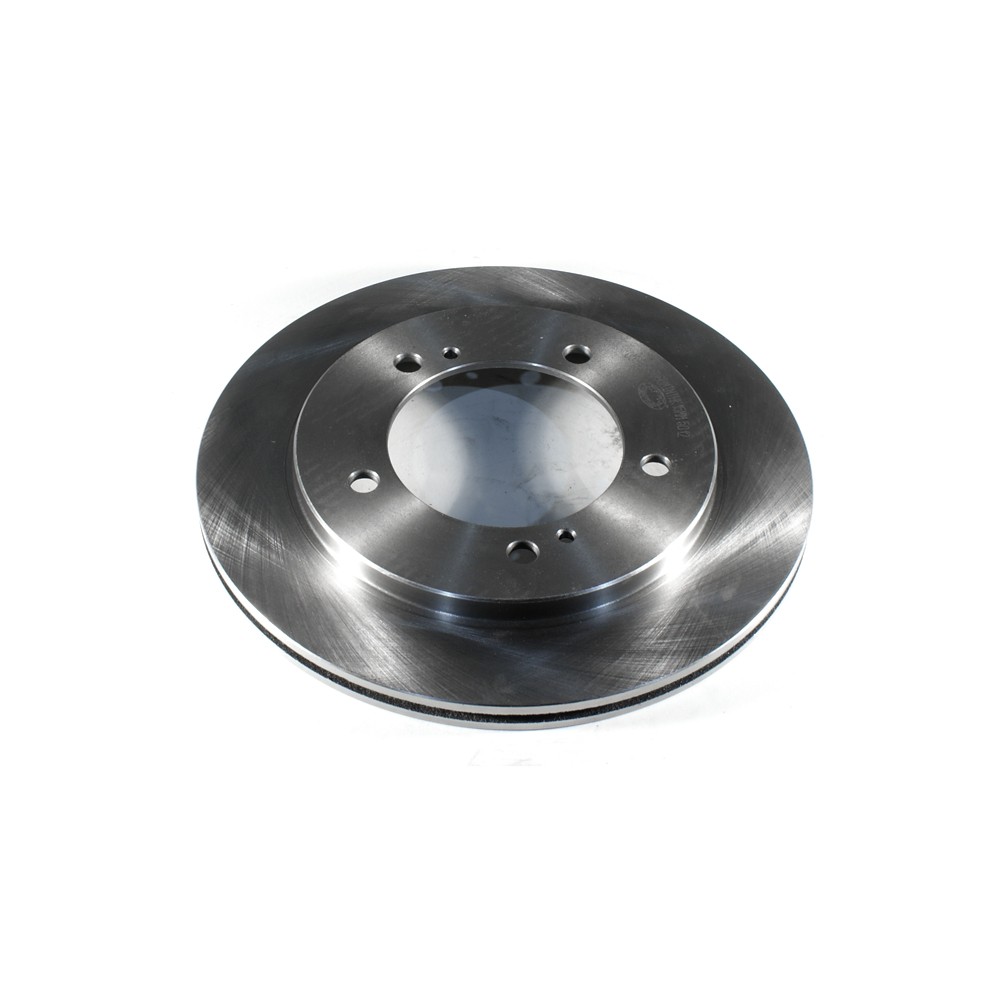
Part No: BR55060
Raybestos: 56927
OE: 30024673
Raybestos: 56927
OE: 30024673
$19.44 each
Per Car QTY: 2
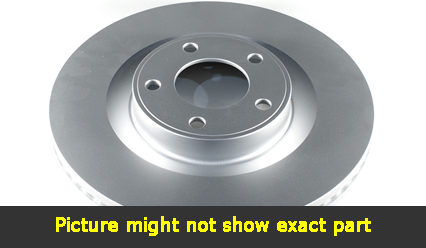
Part No: PP55060
Raybestos: 56927
OE: 30024673
Raybestos: 56927
OE: 30024673
$27.61 each
Per Car QTY: 2
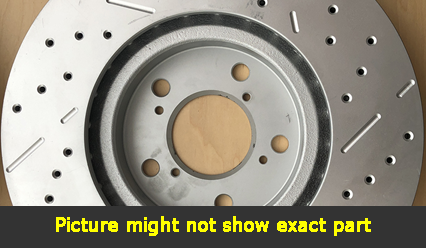
Part No: SP55060L
Raybestos: 56927
OE: 30024673
Raybestos: 56927
OE: 30024673
$60.01 each
Per Car QTY: 1
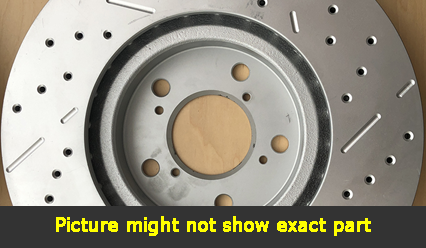
Part No: SP55060R
Raybestos: 56927
OE: 30024673
Raybestos: 56927
OE: 30024673
$60.01 each
Per Car QTY: 1
How to Choose Brakes for Your 2000 Chevrolet Tracker
The brakes on your 2000 Chevrolet Tracker are crucial for your safety on the road. Over time, they wear down and need to be replaced. Choosing the right brakes for your vehicle can make a significant difference in performance and reliability. Here's a guide to help you choose the best brakes for your 2000 Chevrolet Tracker.
1. Understand Your Braking System: The Chevrolet Tracker typically comes with a disc brake system on the front wheels and a drum brake system on the rear wheels. It's essential to understand the type of braking system your vehicle has before selecting new brakes. Most replacements are available for both disc and drum brakes.
2. Consider OEM Brakes: Original Equipment Manufacturer (OEM) brakes are designed specifically for your make and model of vehicle. They match the original specifications and are often the safest and most reliable option. Furthermore, they ensure optimal compatibility and performance with your Chevrolet Tracker.
3. Determine Your Driving Habits: Your driving style and habits play a significant role in choosing the right brakes. If you mostly drive in the city and encounter frequent stop-and-go traffic, you may want to prioritize brakes optimized for commuting and urban driving. For those who travel off-road or tow heavy loads, brakes designed for enhanced durability and heat dissipation would be a better choice.
4. Brake Pad Material: Different brake pad materials offer varying levels of performance, noise, and longevity. The most common types of brake pad materials include:
- Semi-Metallic: These pads provide excellent braking performance but may produce more noise and generate more brake dust.
- Ceramic: Ceramic brake pads are quieter, produce less brake dust, and offer good performance. They are generally more expensive than semi-metallic pads.
- Organic: Organic brake pads are made from non-asbestos materials and provide a quieter ride. However, they may not last as long as semi-metallic or ceramic pads.
Consider your budget, driving style, and requirements when selecting the type of brake pad material that suits you best.
5. Quality and Brand: Brakes are a critical safety component, so investing in high-quality, reputable brands is crucial. Well-known brands often have a better track record regarding reliability and performance. Some top brands for brake parts include Wagner, Bosch, ACDelco, and Raybestos.
6. Read Reviews: Before making a final decision, it's helpful to read customer reviews and ratings of the specific brake parts you're considering. Real-life experiences of other Chevrolet Tracker owners can provide valuable insights and help you make an informed decision.
7. Consult with a Professional: If you're uncertain about which brakes to choose or need additional guidance, it's always a good idea to consult with a professional mechanic or brake specialist. They can provide expert advice tailored to your specific needs and vehicle requirements.
Remember that selecting the appropriate brakes for your 2000 Chevrolet Tracker is essential for your safety and the vehicle's performance. By considering your driving habits, brake pad material, quality, and seeking professional advice, you can make an informed decision and ensure optimal stopping power on the road.
The brakes on your 2000 Chevrolet Tracker are crucial for your safety on the road. Over time, they wear down and need to be replaced. Choosing the right brakes for your vehicle can make a significant difference in performance and reliability. Here's a guide to help you choose the best brakes for your 2000 Chevrolet Tracker.
1. Understand Your Braking System: The Chevrolet Tracker typically comes with a disc brake system on the front wheels and a drum brake system on the rear wheels. It's essential to understand the type of braking system your vehicle has before selecting new brakes. Most replacements are available for both disc and drum brakes.
2. Consider OEM Brakes: Original Equipment Manufacturer (OEM) brakes are designed specifically for your make and model of vehicle. They match the original specifications and are often the safest and most reliable option. Furthermore, they ensure optimal compatibility and performance with your Chevrolet Tracker.
3. Determine Your Driving Habits: Your driving style and habits play a significant role in choosing the right brakes. If you mostly drive in the city and encounter frequent stop-and-go traffic, you may want to prioritize brakes optimized for commuting and urban driving. For those who travel off-road or tow heavy loads, brakes designed for enhanced durability and heat dissipation would be a better choice.
4. Brake Pad Material: Different brake pad materials offer varying levels of performance, noise, and longevity. The most common types of brake pad materials include:
- Semi-Metallic: These pads provide excellent braking performance but may produce more noise and generate more brake dust.
- Ceramic: Ceramic brake pads are quieter, produce less brake dust, and offer good performance. They are generally more expensive than semi-metallic pads.
- Organic: Organic brake pads are made from non-asbestos materials and provide a quieter ride. However, they may not last as long as semi-metallic or ceramic pads.
Consider your budget, driving style, and requirements when selecting the type of brake pad material that suits you best.
5. Quality and Brand: Brakes are a critical safety component, so investing in high-quality, reputable brands is crucial. Well-known brands often have a better track record regarding reliability and performance. Some top brands for brake parts include Wagner, Bosch, ACDelco, and Raybestos.
6. Read Reviews: Before making a final decision, it's helpful to read customer reviews and ratings of the specific brake parts you're considering. Real-life experiences of other Chevrolet Tracker owners can provide valuable insights and help you make an informed decision.
7. Consult with a Professional: If you're uncertain about which brakes to choose or need additional guidance, it's always a good idea to consult with a professional mechanic or brake specialist. They can provide expert advice tailored to your specific needs and vehicle requirements.
Remember that selecting the appropriate brakes for your 2000 Chevrolet Tracker is essential for your safety and the vehicle's performance. By considering your driving habits, brake pad material, quality, and seeking professional advice, you can make an informed decision and ensure optimal stopping power on the road.


